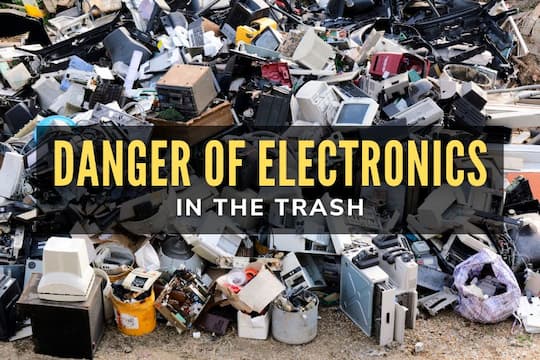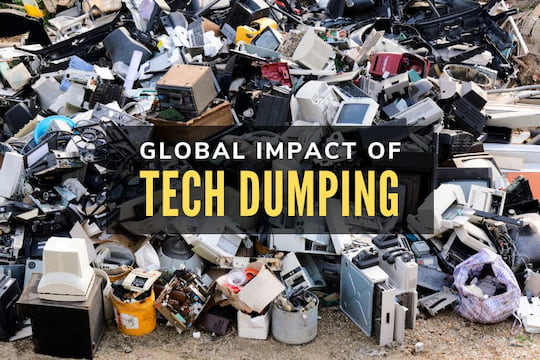We've all seen the lightning-quick proliferation of technology across all spheres of business. To keep up with rapid technological change, it's imperative that you keep abreast of emerging trends within the tech industry and determine how these changes can either affect your enterprise or be successfully leveraged to benefit it.
We live in an age where smart devices can talk to one another without user action, programs, and devices can teach themselves through machine learning, and blockchain technology is not limited to cryptocurrencies. While this may seem like an overwhelming amount of information, it's essential to realize that nearly every role going forward will require a base level of technological knowledge if your organization is going to keep up with rapid technological change.
Best Practices to Manage Emerging Tech

We just mentioned the most critical aspect of staying abreast of emerging tech: acknowledging that every role requires a minimum level of tech knowledge or understanding. However, that isn't the only area of importance. Your next step is to identify and track the key technology trends present in your specific industry.
While it may seem daunting, there are a handful of rapidly expanding sectors that have wide applications and are worth keeping an eye on. When it comes to industries involving large numbers of transactions, such as financial services or shipping, for example, blockchain technology provides a secure and decentralized way to record transactions. This allows businesses to cut out some of the middlemen without sacrificing transparency. Other areas of note are the Internet of Things (IoT), artificial intelligence, and machine learning.
Another best practice is to evaluate the current state of technology within your organization. By knowing where you currently stand, the latest technological advances, and industry-specific trends, you can more effectively leverage technology to advance your business prospects.
Legacy System Challenges

For industries that are heavily reliant upon legacy systems, the attempt to keep up with rapid technological change can leave them vulnerable to cyber attacks if the integration is not properly planned. Healthcare, manufacturing, and government are some of the largest industries with aging legacy systems. Some of these have been in place for decades and may even have been developed by companies no longer in business. While it may seem tempting to toss the system, recycle computer parts, and start fresh, this isn't a viable option in some circumstances, and the cost may be prohibitive in many others.
Planning intelligently and using your internal subject matter experts to identify areas of your processes that can be improved upon with modern tech provides you with options. You may be able to improve productivity and efficiency by using cloud-based systems or other emerging technology to assist your processes without having to scrap your legacy systems and start over. This saves on costly data transfer expenses, prevents errors, and avoids the cost of designing a new system entirely from scratch.
Experts have estimated that the next decade of technological advances stands poised to eclipse the advances of the prior century. With that amount of rapid advancement, any organization that fails to embrace technology will be left far behind its competitors. At West Coast Computer Recycler, we offer secure ways to dispose of aged IT assets, safely destroy unneeded data, and recycle other e-waste that may arise as you pursue the implementation of advanced technology in your enterprise. You can rest assured that your data is secure when we handle your assets. Contact us for a quote today.




















